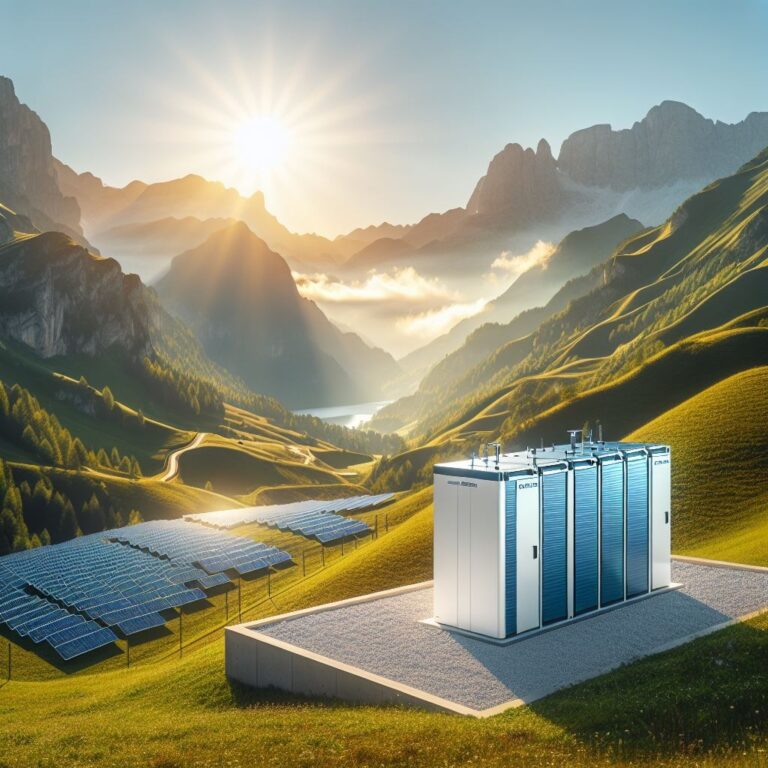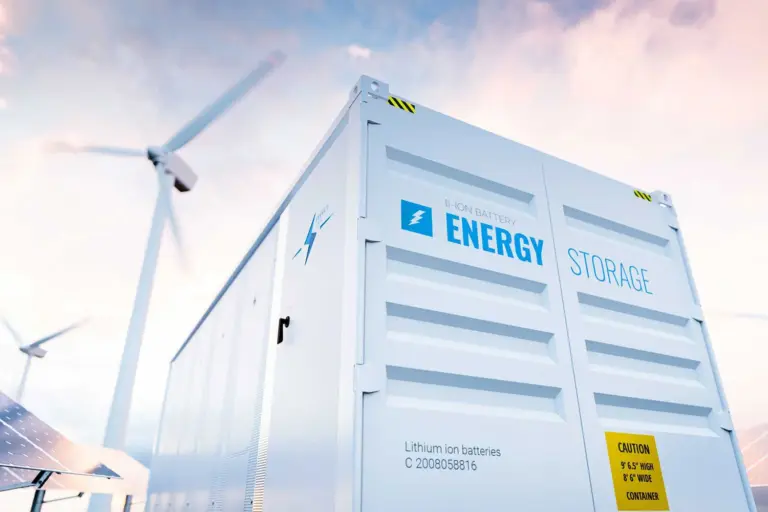
IPCC: Speed Needed to Address Climate Change
Like the two documents that preceded it, the latest report from the Intergovernmental Panel on Climate Change (IPCC) – which outlines what the world needs to do to avoid dangerous climate change – comes with stark conclusions.
Global greenhouse gas emissions must peak by 2025, fall by 43% by 2030 and hit net-zero in the early 2050s to give us a chance of limiting the rise in global temperatures on pre-industrial levels to 1.5C. That’s not to say we can rest easy till 2025, however. It would, of course, be far better if emissions peaked and started falling as soon as possible.
Reaching these goals will require a herculean effort from governments, businesses and civil society. This is particularly the case in the energy sector, for which the report stresses the importance of “rapid and deep” emissions cuts.
Power generation remains the largest driver of global CO2 emissions, and the IPCC says projected CO2 emissions from existing fossil-fuel infrastructure already exceeds the 1.5C limit – so early retirement of some existing facilities and cancellation of new planned fossil fuel projects is necessary.
As the report also optimistically points out, however, the technologies to decarbonise the energy system are readily available and cost-effective. The cost of solar, for example, has fallen by as much as 85% over the past 10 years. Renewable energy – and the energy storage technologies that support it – will play a fundamental role in avoiding dangerous climate change.
Key to renewables expansion is of course governments putting in place the frameworks to adopt these technologies at scale. Recent analysis has suggested that the country climate pledges (or “Nationally Determined Contributions”) made at COP26 could limit temperature rises to just below 2C, if they are implemented on time and in full. To get to 1.5C, ambition will need to increase further still.
One model country in this regard is Germany. Already a renewables leader, over the Easter weekend it updated its Renewable Energy Sources Act to target 80% of its electricity consumption to come from renewables in 2030, moving to 100% renewables by 2035. This is in line with the International Energy Agency’s Net Zero by 2050 roadmap, and matches the ambition of others – like the UK – that are looking to decarbonise power systems by the same date. The targets, which will see Germany install 22 GW of solar and 10 GW of onshore wind a year, will also reduce its reliance on imported energy.
The IPCC is clear – immediate action, like that taken by Germany, is needed to avoid the worst effects of climate change. It is also clear in the role energy storage will play as part of a portfolio of solutions to enable renewables to proliferate across the entire energy system.
Moving as fast as possible to a zero-carbon electrified economy will help keep 1.5C alive.

